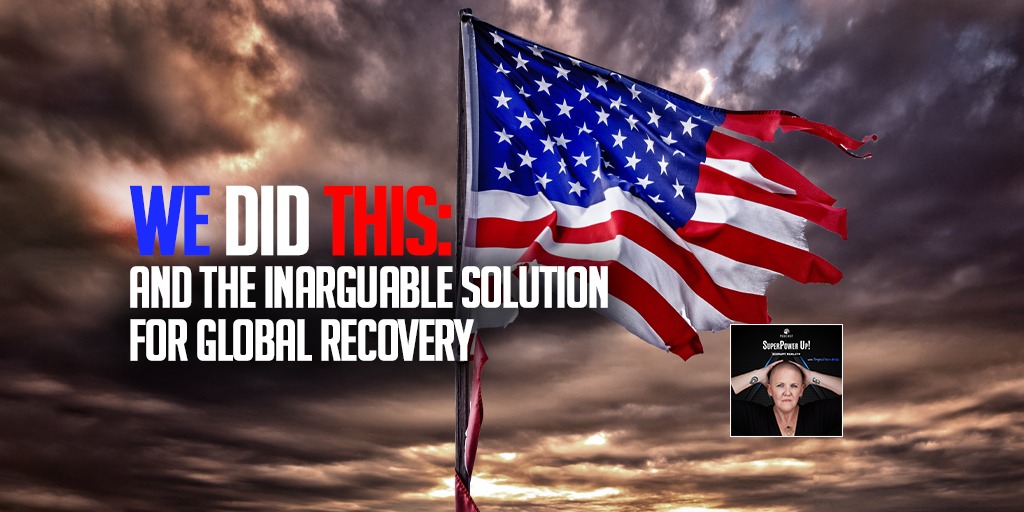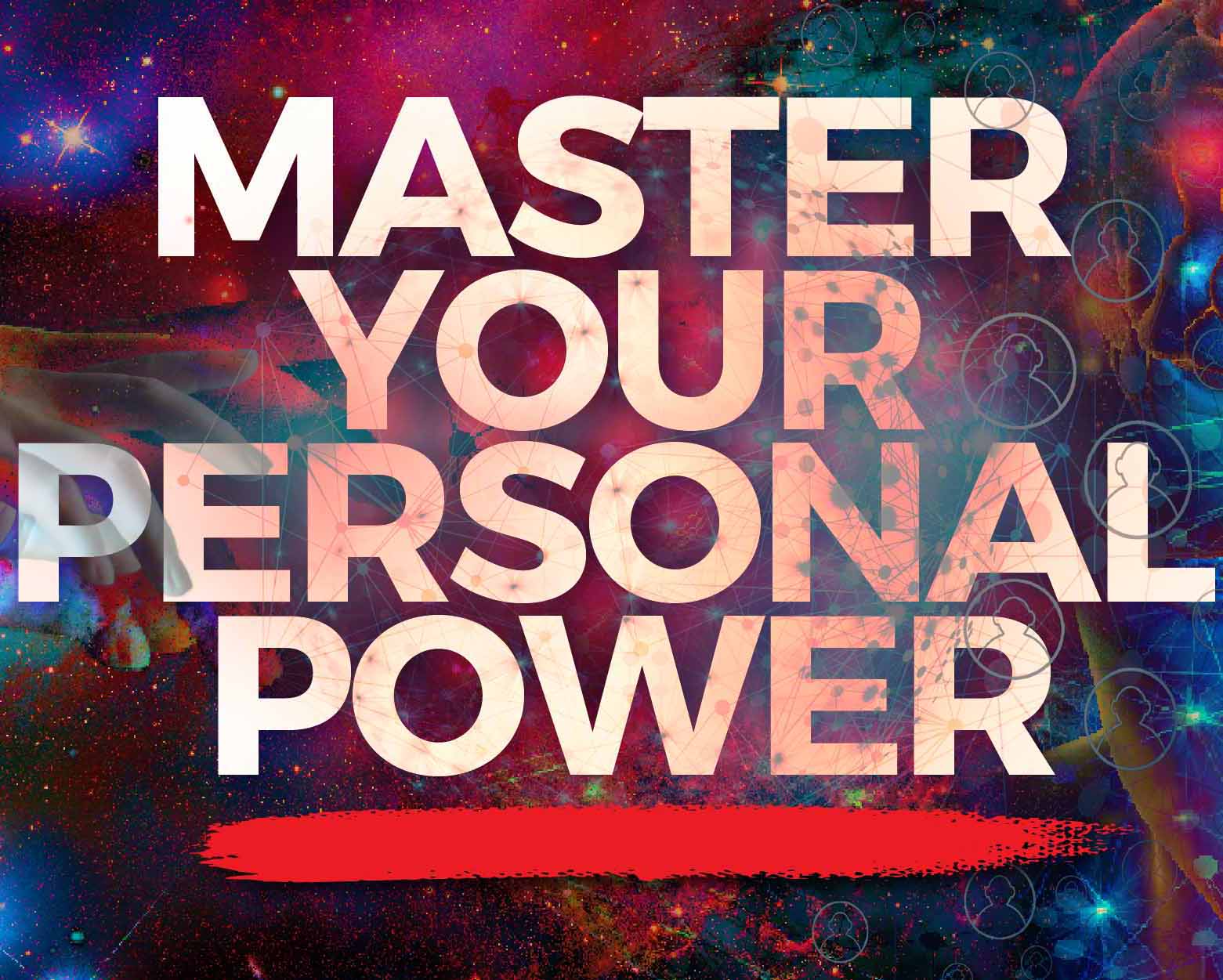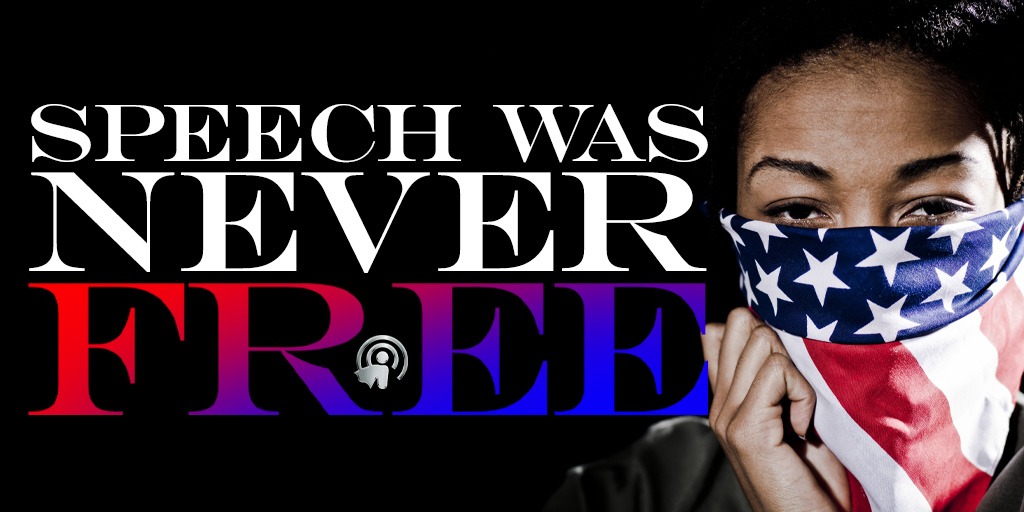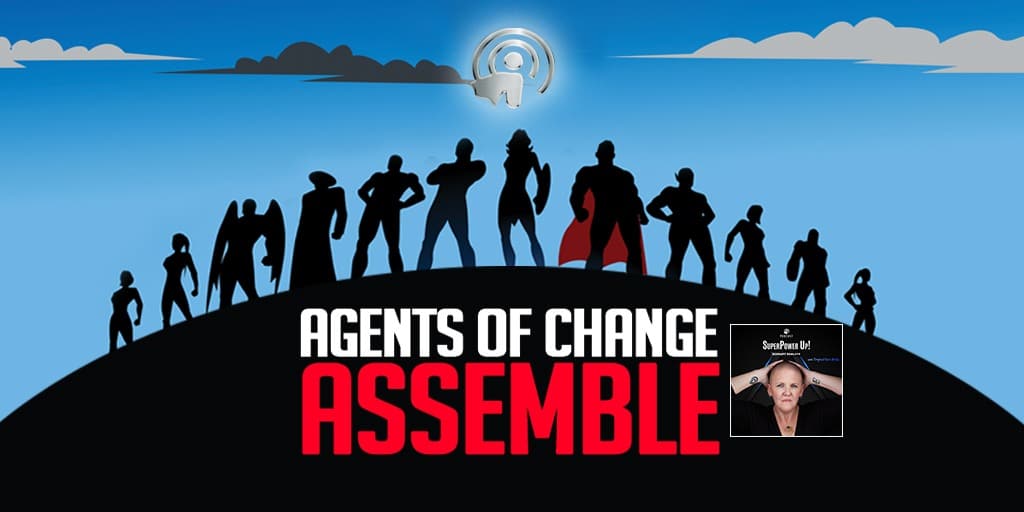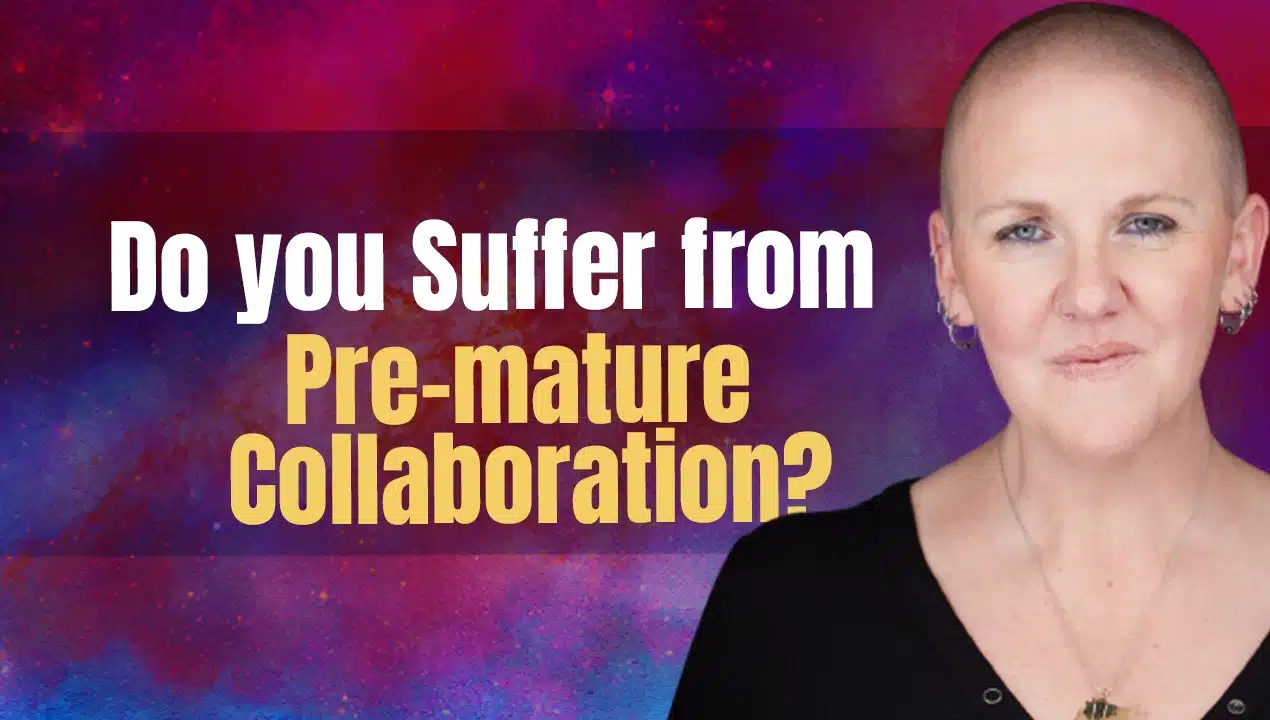We Did This….and the inarguable solution for global recovery.
This article could also be called: Confessions of a falling nation. global
Hello. We’re the citizens of the United States of America and we have a confession.
Because we are, right? Falling? Does anyone feel like we’re standing solidly on a foundation we’re wholly confident will support us into the future? And why should we expect access to such a foundation? Do we deserve it?
Let’s face it, when we turned the presidency into fodder for sketch comedies and media mania, then globally aired our ridiculousness as fast and furiously as we could, what did we think was going to happen? When we chased likes and friends and subscribers and users and votes, what sort of world did we think we were creating? Are we really so insecure that we willingly sacrificed our souls for a few more thumbs up? We created a circus then acted surprised when the clowns appeared.
And we’re all the clowns.
We haven’t just been complicit, we’re the fuel, we’re the energy propelling the entire scenario. We didn’t just put the needle in our arms, we keep paying for the drugs. Take a step back and look with new eyes. What’s really happening here? Short gains for momentary popularity are killing us. And what comes next is completely up to us. We are at a crucial turning point. We, as the global collective, face a fork in the road. We, as a national collective, face a complete breakdown of all foundational components simultaneously. And we’re supposed to be one of those leading this walk, helping others develop. Remember when we were a developing nation? God willing we’re still a developing nation.
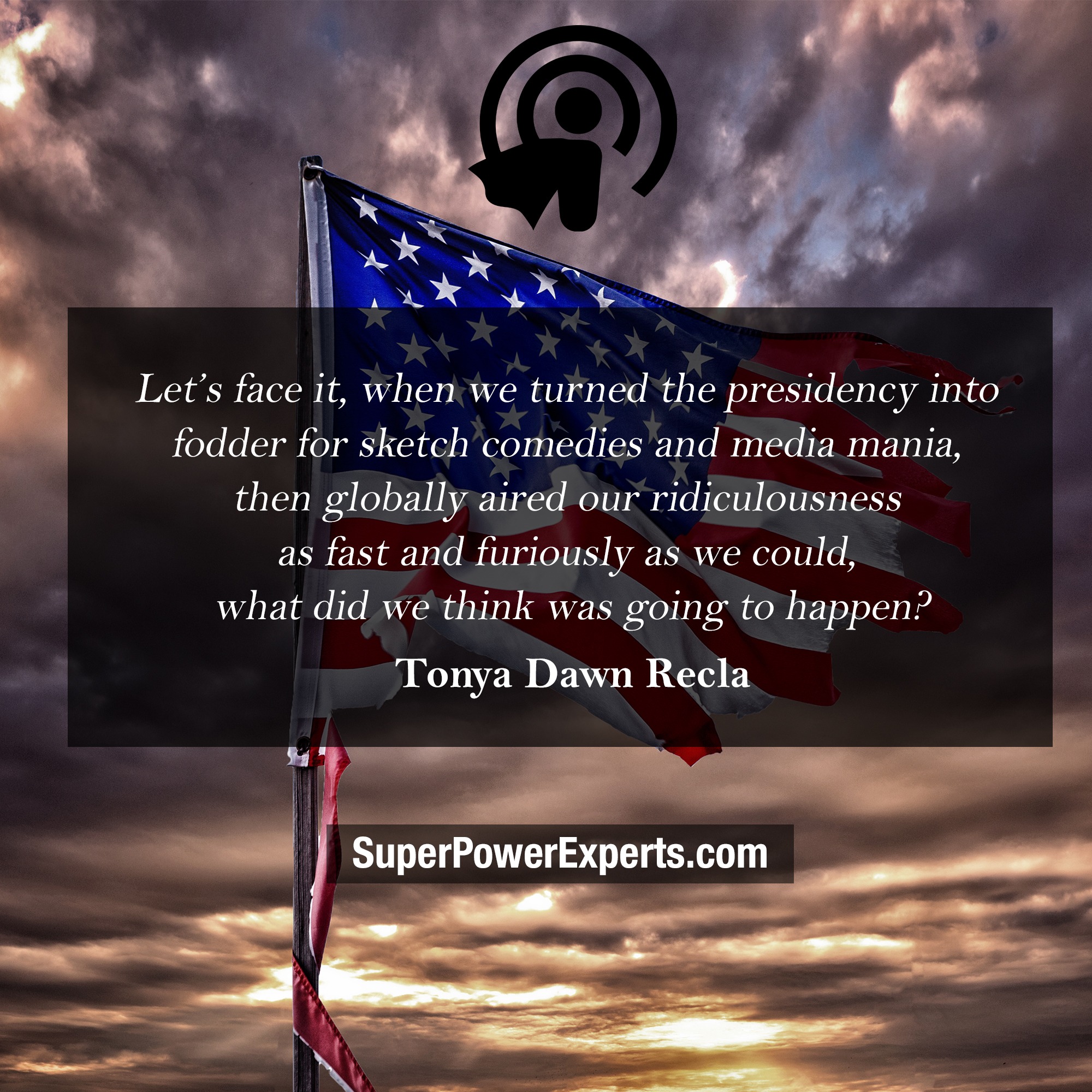
The Global Stage
Perhaps we forgot that we’re actually playing a global game that has real life and death consequences for the citizens of our country and other nations. We turned government into a popularity contest and made it a battle between individuals and their fan clubs. Our system is designed for accountability. The founding fathers simply couldn’t predict the internet and its wayward child, social media. But they did anticipate manipulation. They did anticipate our inherent fallibility as humans. Because they were fallible. They weren’t perfect and they never expected we would pretend they were. We should only assume that they thought they were being inclusive in both foresight and organization, but their vision was limited. The world was much more limited. We don’t need to make them perfect or crucify them. We know more now, so we can choose differently. Global
But there’s a good way to be impactful and there are many, many really bad ways. Or, said a different way, one method has a chance at being successful toward a worthwhile goal, the others stand no chance of doing anything but creating more chaos and fear. We get to choose.
The Good Method
If you want to add your voice to the conversation, make sure you’re offering something worthy of contribution. Study, research, inquire. If you find yourself pinging about politics, race relations, gender dynamics, economics, or legislation, first crack a book.
Study the voices who dedicated their lives seeking truth. Then study those who spent their lives contradicting them. It might mean you don’t get to publicly vomit an immediate retort or snarky comment, but you might end up being a bit smarter. And, perhaps, you’ll offer an alternative perspective the next time a family member, colleague or friend wants you to co-sign with their fear.
Here’s an example of how this can play out:
Friend: OMG, did you hear?? XYZ won the election. What a (bleep, bleep, bleep)! The next four years are going to suck!
You: Wow! No I hadn’t heard. Who called the election?
Friend: I don’t know, I just read an article.
You: Oh, well, I immediately noticed some constriction in my body with the news. I have some concerns about the ABC party that XYZ represents, specifically with their economic policy and how it relates to their views on immigration. I’ve been studying their position so I could better understand it. But I’m going to wait for an official election result before trusting the articles. Thanks for the heads up!
Ok, by this time, if the goal was to cosign you into discomfort, your friend either hung up the phone, let the text message snooze or walked away, but you get the picture.
Here’s another example:
Friend: Did you hear about XYZ company and their support for ABC cause?!? Can you believe it? I’m never buying their products again.
You: That’s really interesting, I’m surprised to hear that. What was their explanation for the support?
Friend: I don’t know. They didn’t respond to the article.
You: Well, what did the article say XYZ’s position was on the matter?
Friend: It didn’t really, it was an opinion piece based on some of the items they sell.
You: Ah, got it. Well, I’m going to do some digging before discussing this any further since I don’t really have any facts at this point.
Same deal, right? These aren’t the exciting, sexy, rumor-mongering type conversations that may be fun to have, but they sit somewhere closer to truth.
We Hold the Power
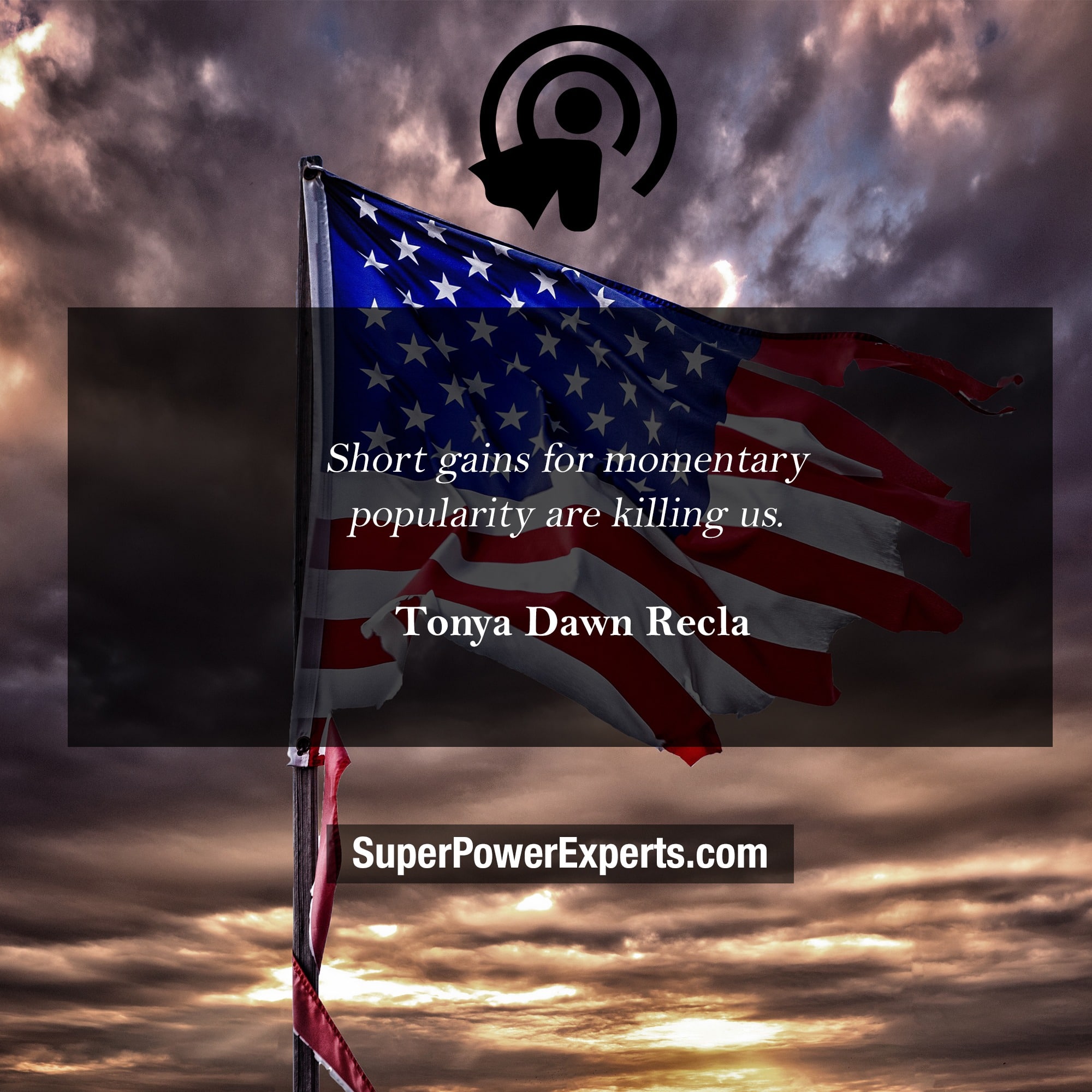
As extreme as those examples may seem, at some point we must start taking responsibility for the world we repeatedly feed into. While we may not feel like we have any control over the very big issues we face, we can always, always exercise control over how we respond to what we see. When we make decisions from a fear-based reactionary space, we build a world based in fear that feeds intensified reactions. This then perpetuates fear-based decision-making. And on and on it goes.
Thankfully, the alternative is also true. When we refuse to make decisions from a fear-based reactionary space and we take a moment to process the information, we buy ourselves a precious moment of pause. And that’s all it takes. Every personal development, human potential, transformational psychology expert knows that once someone takes that crucial first step to break a programmed behavior, they can do it again.
Just one moment of pause to contemplate response can preserve a reputation, thwart a crisis, win an election, mitigate a pandemic, save a marriage, support a friendship, and, ultimately, change the world. – TDR
One moment of pause illuminates the doorway that gives us back our humanity. In that pause, we get the space to go from only hearing our fear to also hearing our inner, wiser voice, the deep knowingness connected to all things truth. And through that we remember catchy sayings like: If you don’t have anything nice to say, don’t say anything at all. Be polite. Mind your tongue. Does this put good out into the world? Be nice. This is someone you care about, tread lightly. The nation, your constituents, your boss, your friends, your spouse, your kids, the world is watching, who are you going to be?
Neva, our 11 year-old daughter, best-selling author and podcaster, said it best recently:
“I can’t wait to see what Gen Z does when we vote. Pretty much all we care about is how others are being treated and trying to get people to be nice to each other. I mean, I watch the debates and think, you’re trying to get me to vote for you, but you’re sitting across from someone, looking in their face and you’re being rude. You’re not being nice. Why would I want to vote for you?”
Can we not do better?
Let’s think bigger. Let’s be bigger.
And this ends the public consumption portion of the talk. The next portion is entitled, Agents of Change Assemble: The time is now and this is what we trained for. This is for all you light workers, change agents, teachers, trainers, pastors, healers, counselors, coaches, and transformationalists. If that’s you, read on.
(Spoiler alert: we all carry the light. Is yours working?)
Podcast: Play in new window

